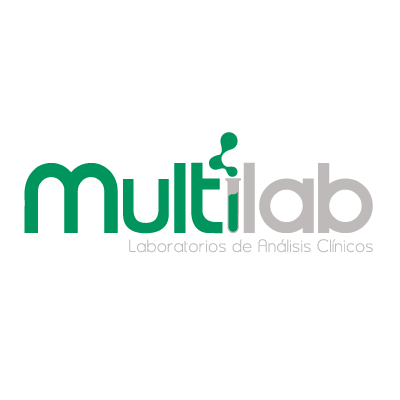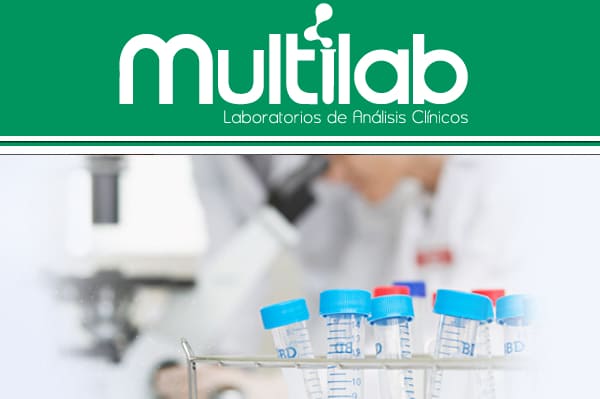
 https://www.multilab.com.pe/examen/1167/sars-cov-antigeno
https://www.multilab.com.pe/examen/1167/sars-cov-antigeno
We ower more than 1,000 exams. Please enter the name of the exam you are looking for
Ver precio
Incluye IGV. Válido para Lima. El precio seleccionado es para la sede . Los precios pueden variar por sede.
What is the Coronavirus (SARS-CoV-2) Antigen Test
It is a laboratory test that can identify the virus that causes COVID-19 (SARS-CoV-2 virus) in secretions from the upper throat behind the nose (nasopharyngeal exudate), by detecting proteins that are part of the SARS-CoV-2 virus (specific antigen). The sample is taken with a swab.
What is it requested for?
To detect whether you are currently infected with the virus that causes COVID-19. If you are infected, you will be able to receive medical care and prevent infecting others.
When is it requested?
When you think you might be infected with COVID-19, either because you have symptoms or because you have been in contact with an infected person.
How long does it take from the onset of symptoms or from the probable time of infection for the test to detect the virus?
Experts suggest testing especially in patients who are symptomatic. In patients with symptoms, the maximum detection of the test is during the first 5 days of symptoms. Detection can still occur after this time but the sensitivity of the test decreases progressively as time passes. It is recommended not to use this test if more than 7 days have passed since the onset of symptoms as there is a greater likelihood of a false negative result. In patients without symptoms, a suitable period for testing may be considered to be between 5 and 12 days after the probable time of infection.
What does the test result mean?
What type of specimen is required?
The laboratory personnel should obtain a sample from the nose (upper respiratory tract), which consists of introducing the swab through the nasal cavity using a rotating motion and pressing on the walls of the nostril. The laboratory personnel will place the swab in a tube of extraction diluent.
How accurate is the test?
The accuracy is relatively high. According to the manufacturer, the sensitivity of the test is greater than 96% and the specificity is greater than 99%. Sensitivity is the ability to detect disease in infected patients. Specificity is the ability to give negative results in healthy patients.
I do not have any symptoms, is it necessary to test for Coronavirus?
It is recommended to avoid spreading the infection to your family, friends and colleagues. Research in the journal Science, learn more by clicking here, showed that two out of three infections of the new coronavirus have been caused by people who were not diagnosed with the virus or had no symptoms.
If it has been a short time since the probable time of infection (5-12 days), this test would be useful. If more than 12 days have passed, we recommend a serological test for antibodies.
Is the test painful to perform?
Obtaining the sample should not be painful, but it is uncomfortable. The sample collection takes less than 1 minute.
Is there a more accurate method to diagnose COVID-19?
Yes, in case you want to detect if you have an active infection, there are molecular tests, among them we have the one that uses a RT-PCR (Real Time Polymerase Chain Reaction) methodology, for more information about the test click on the molecular PCR link. In case you want to detect if you have been infected and have already overcome the disease, we recommend a serological test to detect antibodies: SARS-CoV-2 test, IgG and IgM, ELISA also called Coronavirus Elisa test or the rapid test. The antigen test will suggest whether you are infected now or not, however, it will not tell if you were infected in the past.
What are the similarities with the PCR molecular test?
What are the similarities with the isothermal molecular test?
In addition to having the same similarities as the PCR molecular test, the antigen test and the isothermal molecular test share the quality of being able to provide rapid results. What are the differences between the molecular tests (PCR and Isothermal)?
Technical information and test limitations:
Inmunocromatografía
Otros
¿Was the site helpful?
NO YES